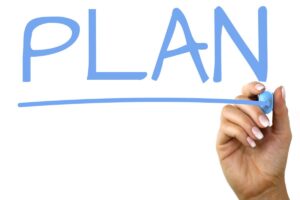Following assessment, if the person with dysphagia is able to take nutrition orally, the Speech and Language Therapist, in liaison with other members of the Multidisciplinary Team, will initiate an individualised treatment plan. Treatment for dysphagia may include:
 Helping the person and their family/carers understand dysphagia and its implications.
Helping the person and their family/carers understand dysphagia and its implications.- Recommendations on texture modification to make food and fluids easier and safer to take.
- Oral Nutritional Support strategies to increase the energy density and nutritional density of food/fluid and to increase the person’s consumption of food/fluid.
- Exercises to help improve chewing and swallowing.
- Specific oral and/or neck manoeuvres and positions to facilitate effective swallowing and support safety.
- Advice on positioning.
- Advice as to the quantity of food/fluid the person is able to take. It may be helpful to have smaller meals/snacks/drinks more frequently rather than taking less frequent larger meals/snacks/drinks.
- Provision of specialist crockery and cutlery.
- Recommendations regarding the management of cognitive, communicative and behavioural difficulties which may impact upon the eating and drinking process and safety.
- Advice on managing the environment to support eating and drinking.
- Provision of relevant training in the management of dysphagia.
A programme of rehabilitation may also be helpful for some people receiving enteral nutrition, potentially supporting return to an oral diet.
 Management of dysphagia should be supported by a clear and agreed plan, available to the person with dysphagia and to all people supporting the person with dysphagia.
Management of dysphagia should be supported by a clear and agreed plan, available to the person with dysphagia and to all people supporting the person with dysphagia.